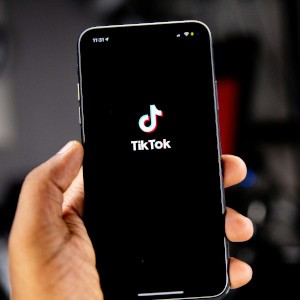As the US Congress deliberates actions against TikTok, a wider discourse on data privacy and sales comes to the forefront. The discussion extends beyond TikTok’s fate, encompassing broader concerns regarding data usage and its implications. With growing scrutiny over data brokerage practices and privacy, there is a pressing need for regulatory measures to safeguard consumer interests and address potential threats to data security and privacy, says GlobalData, a leading data and analysis company.
Steven J. Schuchart Jr., Principal Analyst for Enterprise Infrastructure at GlobalData remarks: “So many applications and services now collect data that its vitally important for both consumers and the government to know what happens to that data. The issue stretches beyond anonymization, it is also about how that data is sold to data brokers – and who they sell to.”
In TikTok, the US Congress is targeting a foreign-owned company, whose parent ByteDance is based in China. It does not address how much less well-known data brokers operate, nor does the US Congress address significant personal privacy concerns for citizens. The US President Joe Biden has signaled that he will sign legislation banning TikTok or forcing its sale if it reaches his desk. The subject of data collection elicits strong opinions.
Schuchart continues: “Ads are big business, and the objection will be that strong privacy and data sovereignty legislation will harm sales. Of course, this is true. Ads would have to be less targeted, but the advertising industry and businesses survived fine before this level of data was available and will again."
Furthermore, customers are becoming increasingly concerned about how their data is used – further data privacy regulation is inevitable.”
Schuchart concludes: “The age of AI makes privacy and control of data export even more important – AI will make data even more valuable, and the insights gained more frequent. The national security implications and personal privacy issues are plain to see. Enterprises that move to get ahead of regulation and restrict their own use and export of data will have an advantage when the regulations tighten.”
